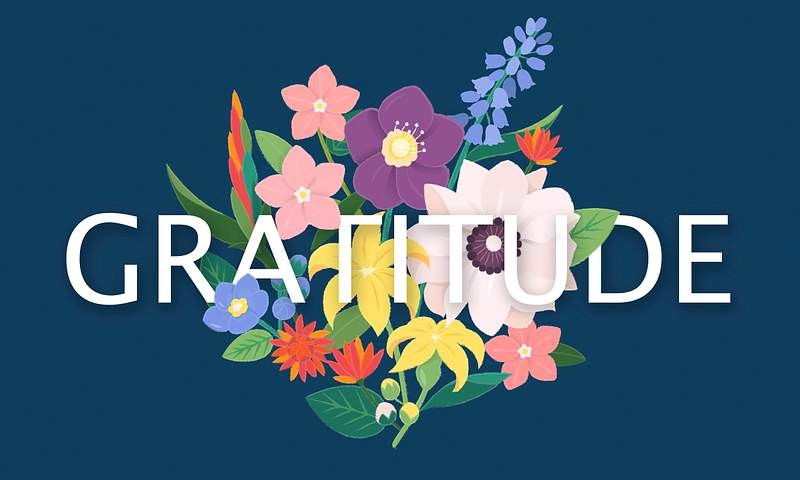
The Benefits of Gratitude
The Benefits of Gratitude: A Path to a Happier Life
Gratitude is more than just saying “thank you.” It’s a mindset, a way of seeing the world that can transform your mental, emotional, and even physical well-being. By focusing on what we have rather than what we lack, gratitude opens the door to a more fulfilling life. Here’s a look at the powerful benefits of practicing gratitude and why it’s worth making it a daily habit.
- Boosts Mental Health
Gratitude has been shown to reduce symptoms of depression and anxiety. When you consciously appreciate the good in your life, it shifts your focus away from negative thought patterns. Studies, like one from the Journal of Positive Psychology (2017), found that people who kept gratitude journals for just two weeks reported higher levels of happiness and lower stress. By training your brain to notice positives, you build resilience against life’s challenges.
- Strengthens Relationships
Expressing gratitude fosters stronger connections with others. When you show appreciation for friends, family, or colleagues, it deepens trust and mutual respect. A simple “I’m grateful for you” can make someone feel valued, encouraging reciprocity. Research by Sara Algoe (2012) suggests that gratitude acts as a “social glue,” enhancing romantic and platonic relationships alike.
- Improves Physical Health
Believe it or not, gratitude can benefit your body. Grateful people tend to take better care of themselves, exercise more, and report fewer aches and pains. A 2015 study in Personality and Individual Differences linked gratitude to better sleep quality and lower blood pressure. By reducing stress, gratitude creates a ripple effect that supports overall physical wellness.
- Enhances Self-Esteem
Gratitude helps you focus on your strengths and accomplishments rather than comparing yourself to others. When you appreciate your own journey, you’re less likely to feel envy or inadequacy. A 2014 study in the Journal of Applied Sport Psychology found that athletes who practiced gratitude had higher self-esteem, which translated to better performance and confidence.
- Promotes Resilience
Life isn’t always easy, but gratitude can help you bounce back from setbacks. By finding silver linings in tough situations, you reframe challenges as opportunities for growth. Research from the American Psychological Association (2018) shows that grateful individuals are better equipped to cope with trauma and stress, maintaining a hopeful outlook even in dark times.
How to Practice Gratitude
Ready to reap these benefits? Here are a few simple ways to incorporate gratitude into your life:
- Keep a Gratitude Journal: Write down three things you’re thankful for each day.
- Express Appreciation: Tell someone why you’re grateful for them, whether in person or through a note.
- Mindful Moments: Pause to savor small joys, like a warm cup of coffee or a sunny day.
- Reflect on Challenges: Consider how past difficulties have shaped you for the better.
Final Thoughts
Gratitude is a small practice with big rewards. It’s not about ignoring life’s problems but about choosing to see the good alongside them. By making gratitude a habit, you can improve your mental health, strengthen relationships, and even enhance your physical well-being. Start today—take a moment to appreciate something or someone in your life. You might be surprised at how much lighter you feel.

